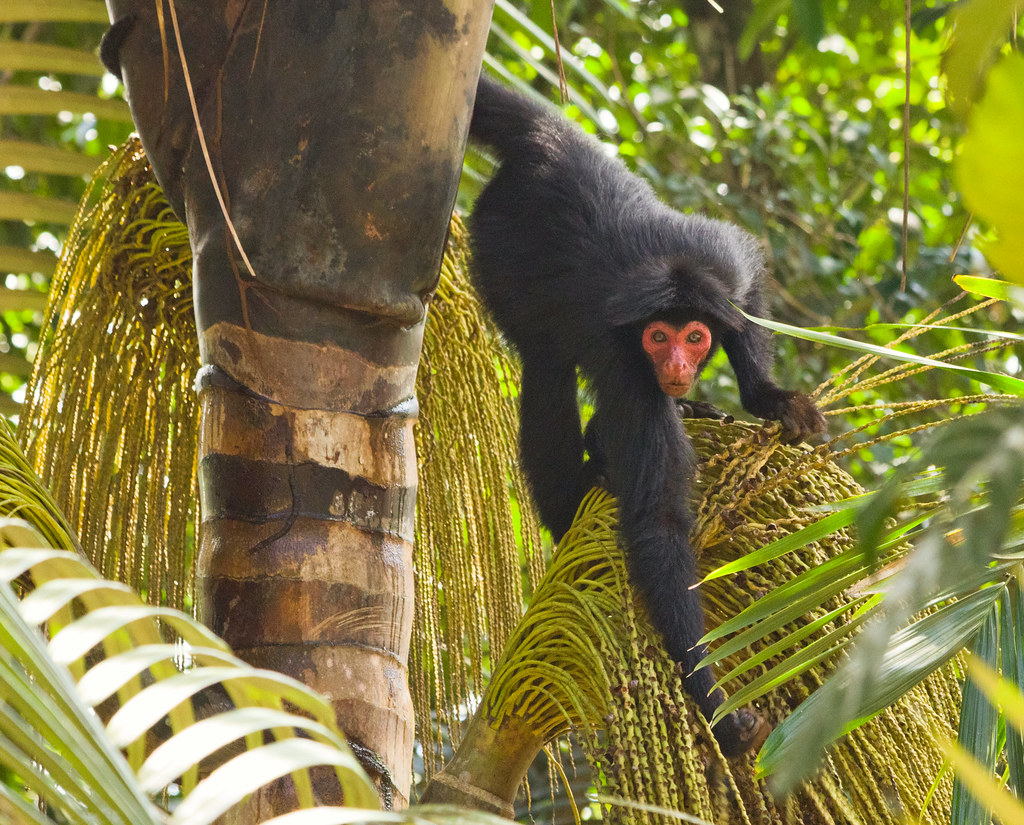
This story here came to me in November as a tip from a source in Scotland who is familiar with my reporting on the growth of the biomass industry for energy production. This one has a new twist in that it doesn’t focus on wood pellets for energy, but rather soy for biofuels — in a part of the world rarely discussed but critical in size and scope for biodiversity protection and climate change mitigation — French Guiana.
With lots of research reports, government documents and exceptional sources in both Paris and Cayenne, French Guiana, the story started to take shape. With a population of just 300,000 almost entirely along it’s northern coast, French Guiana is in need of expanding and upgrading its energy system from diesel-powered plants to renewables. The problem, however, is the France wants the department to grow its own soy — the most common source for biofuel — to power five new energy stations. To grow enough soy would require a staggering amount of Amazon jungle to be clearcut — by one estimate, an area three times the square miles of New York City.
My story details what’s at stake with this unusual proposed policy change for a country and president, Emmanuel Macron, recognized for their sensitivity to climate action and ecosystem protections. Activists in French Guiana are mobilizing to stop the policy proposals, preserve their densely forested department (which is the size of Indiana) and promote true renewable energy sources like expanded wind and solar installations.

